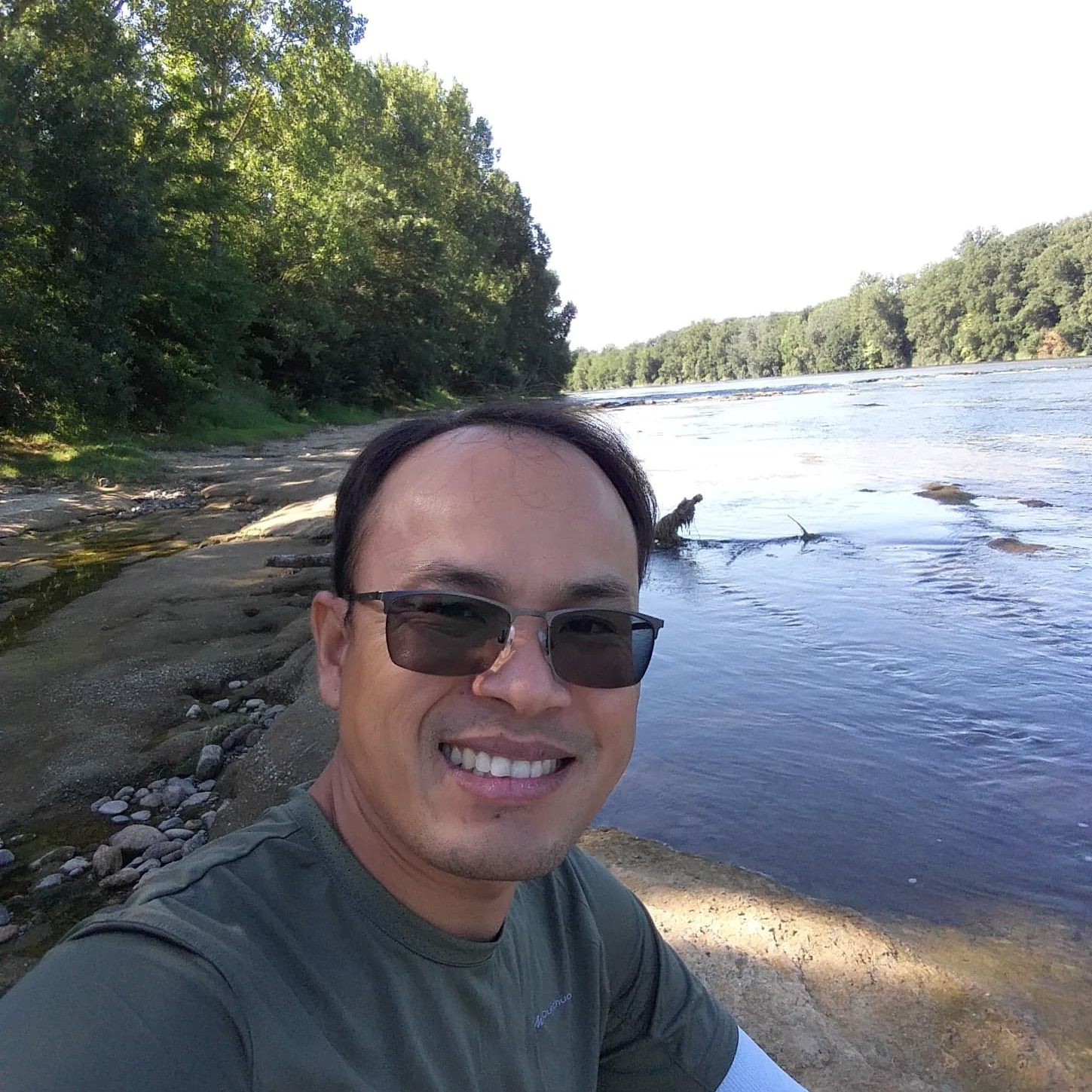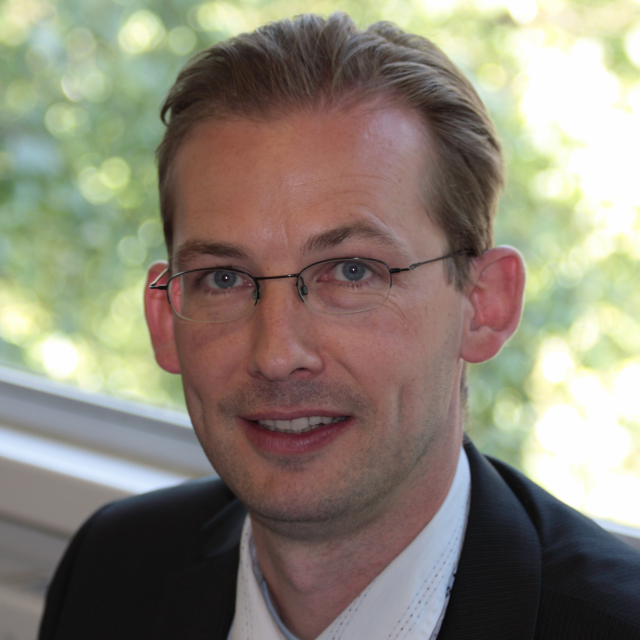
Project PI
Co-Chair Steering
(University of Warwick)
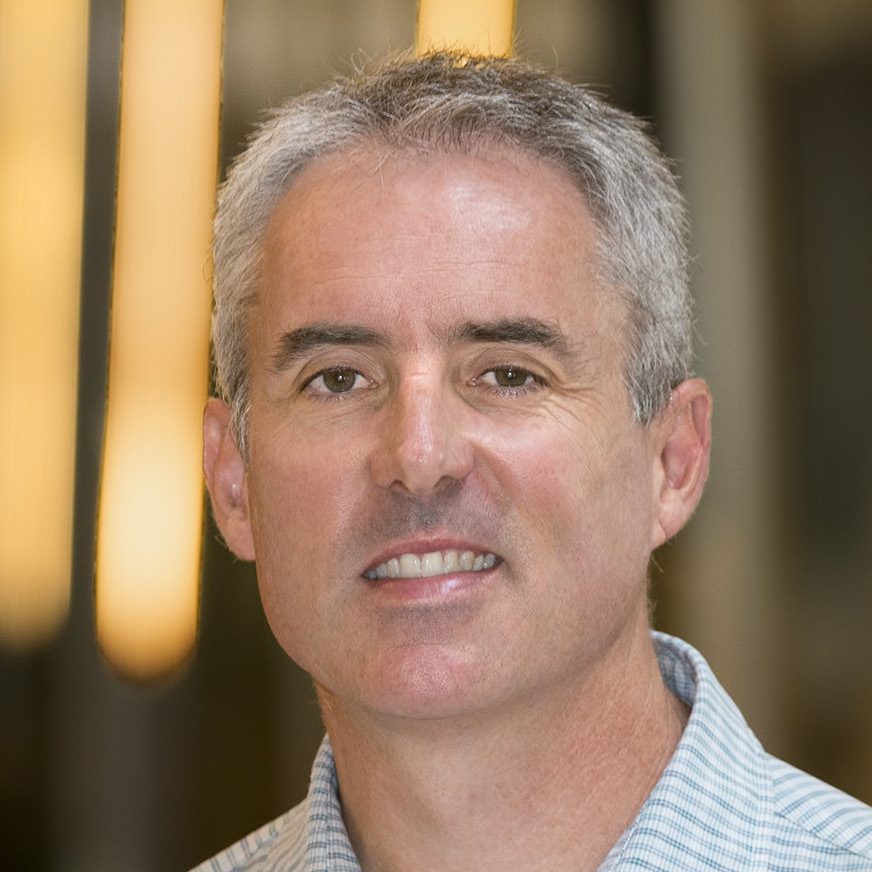
Project Deputy PI
Co-Chair Steering
(Monash University)
Duncan’s research interests include detecting astrophysical transients in optical, X-ray and radio bands, and studying accreting neutron stars through their X-ray bursts and pulsations.
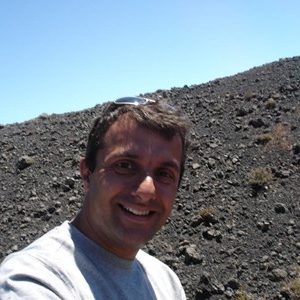
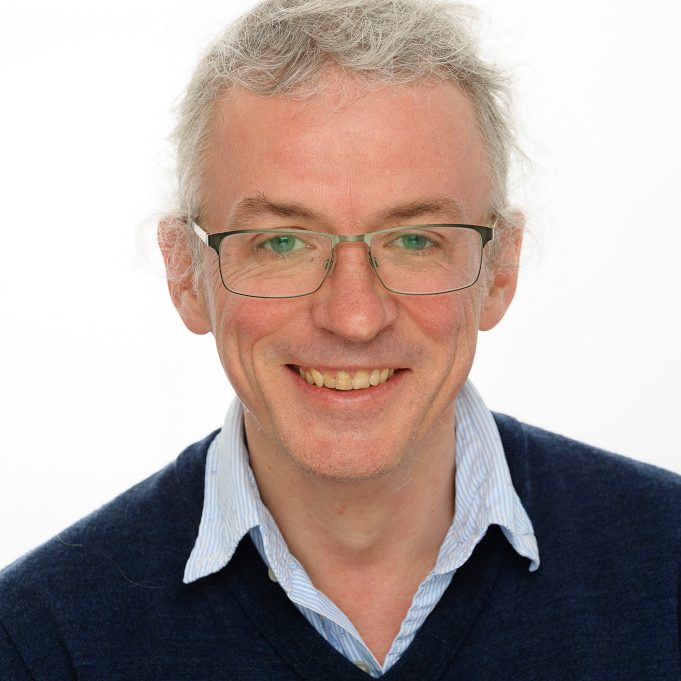
Co-Chair Executive Board
Member Steering
(Armagh Observatory)
Gavin has interests in accreting binaries, transients and activity on stars.
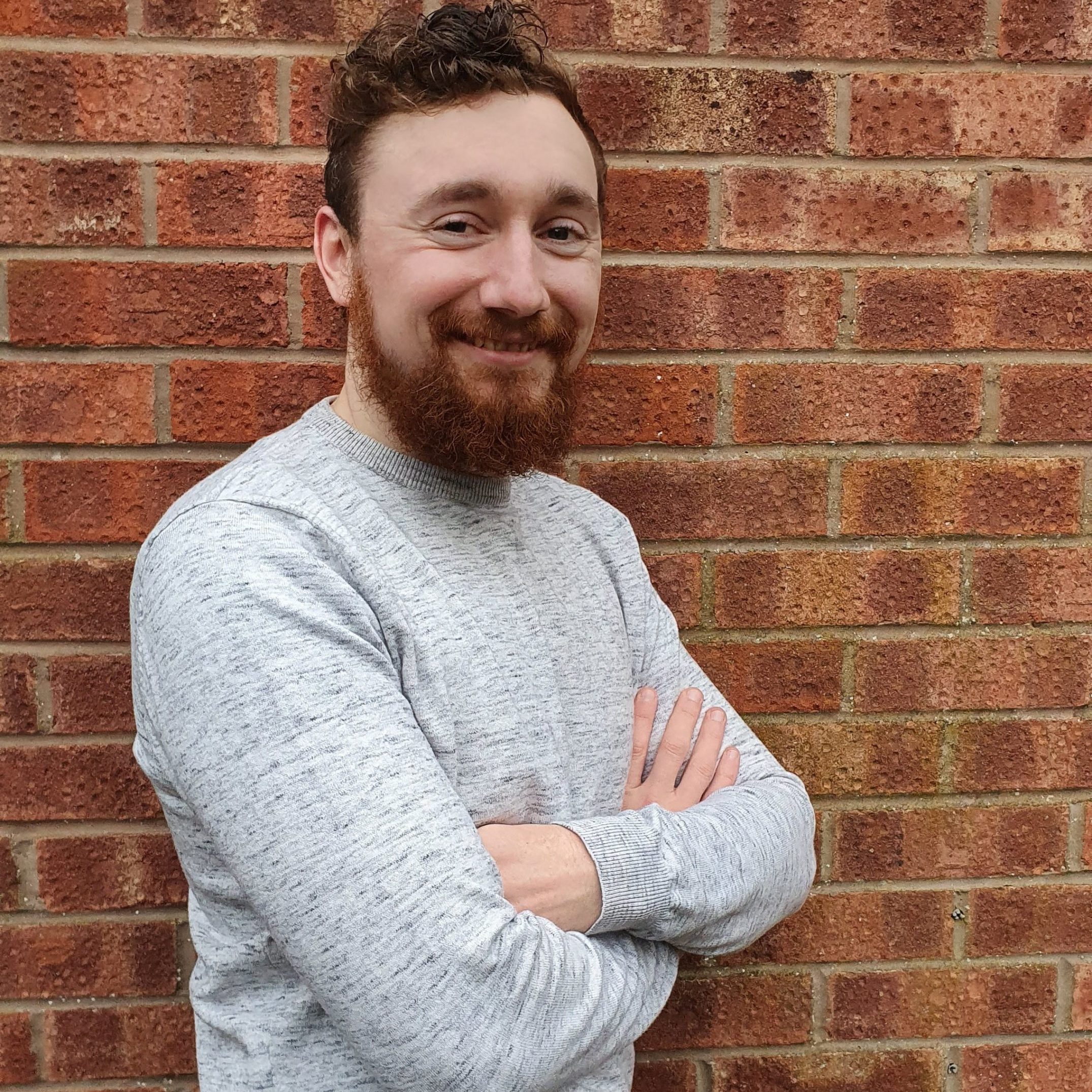
Head of dataflow
Coordinator SN
(University of Warwick)
Joe Lyman is a software developer for the GOTO project, working on the real-time pipeline and marshall. His science interests are astrophysical transients, such as supernovae, gamma-ray bursts and kilonovae, and the galaxies they inhabit.
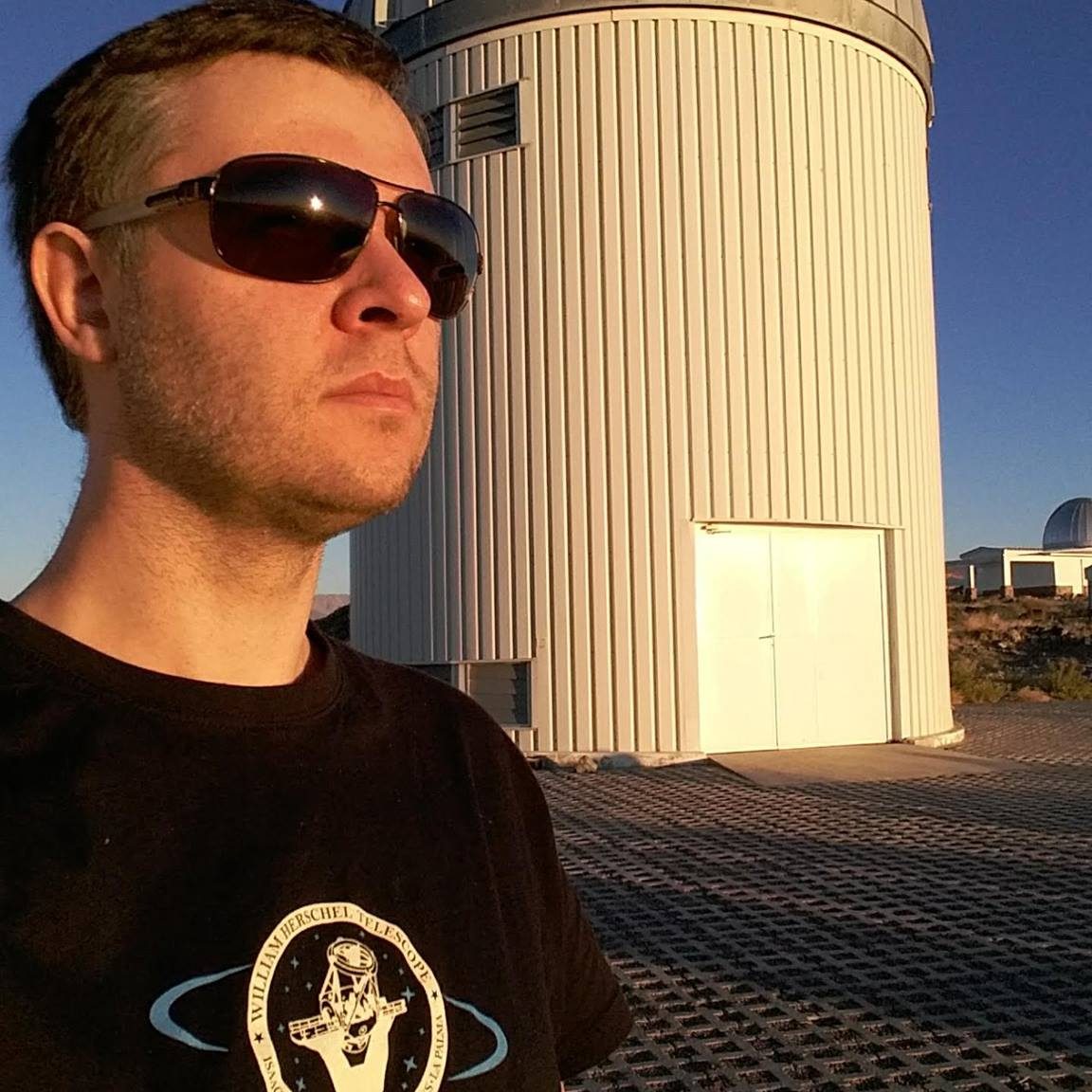
Head of Operations
(University of Warwick)
Krzysztof is responsible for GOTO operations, hardware maintenance and data processing. He’s also involved in OGLE project and has background in sky surveys and variable stars.
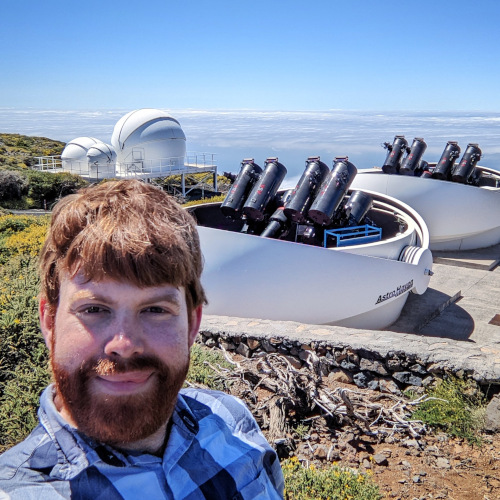
Head of Control Systems
Coordinator Technical
(University of Sheffield)
Martin is a postdoctoral researcher working on GOTO operations, control software and scheduling. From 2015-19 he developed the GOTO Telescope Control System as his PhD research project.
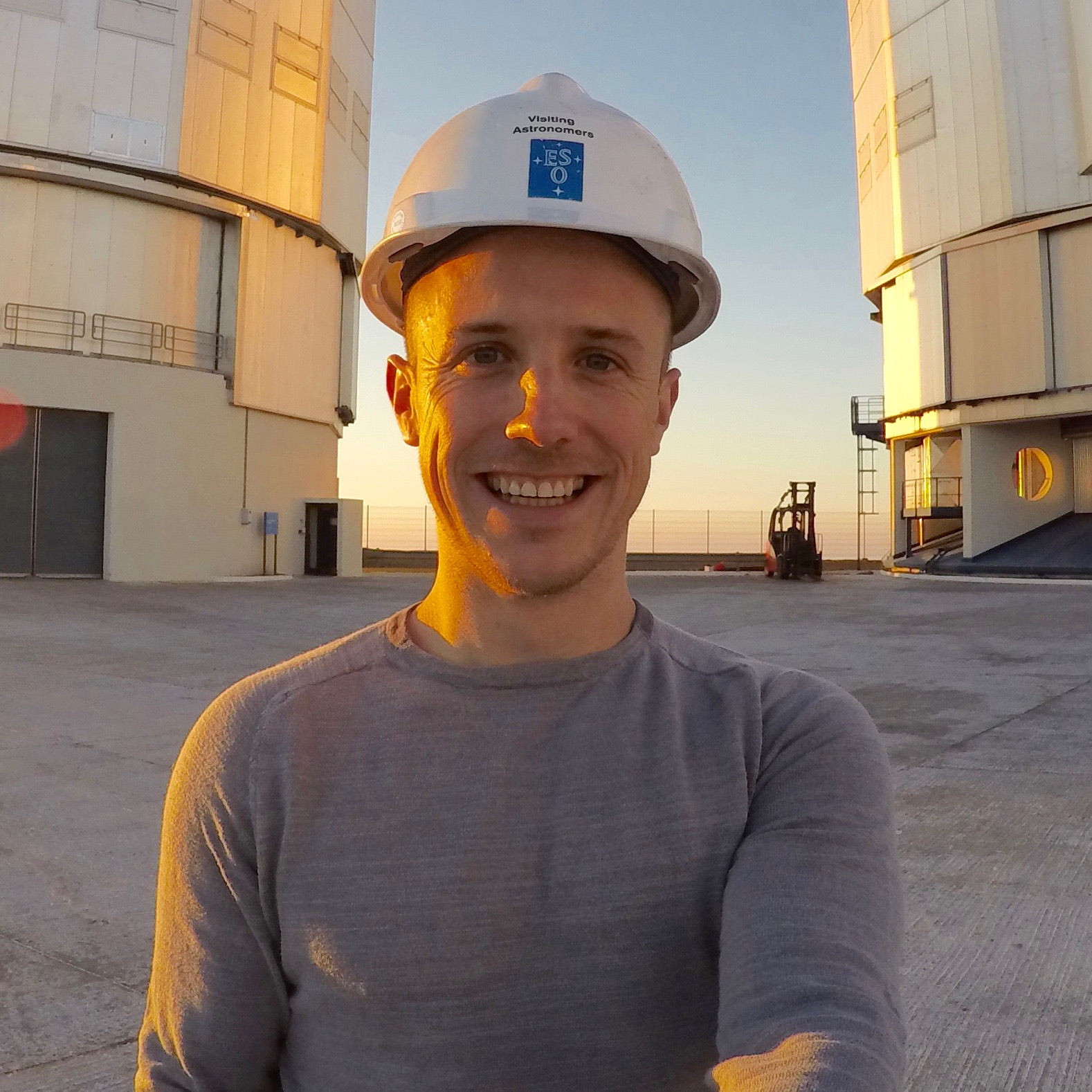
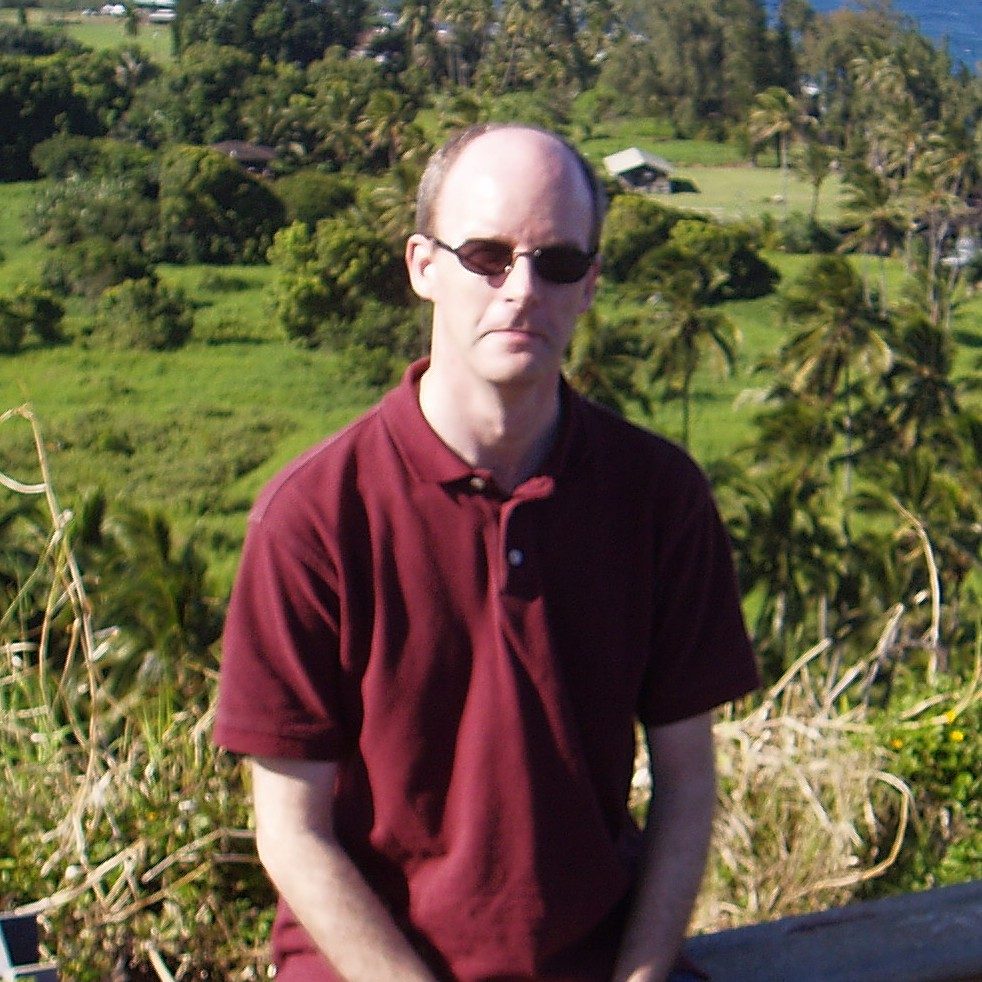
Member Steering
(University of Leicester)
Paul has research interests in explosive transients, tidal disruption events and multi-messenger sources. In addition to GOTO, Paul is an investigator on several space missions designed to find transients and survey the sky at high energies.
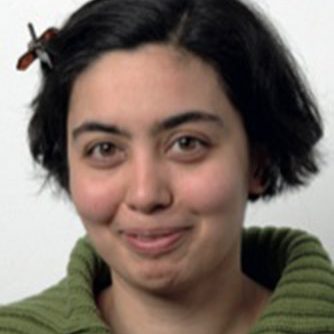
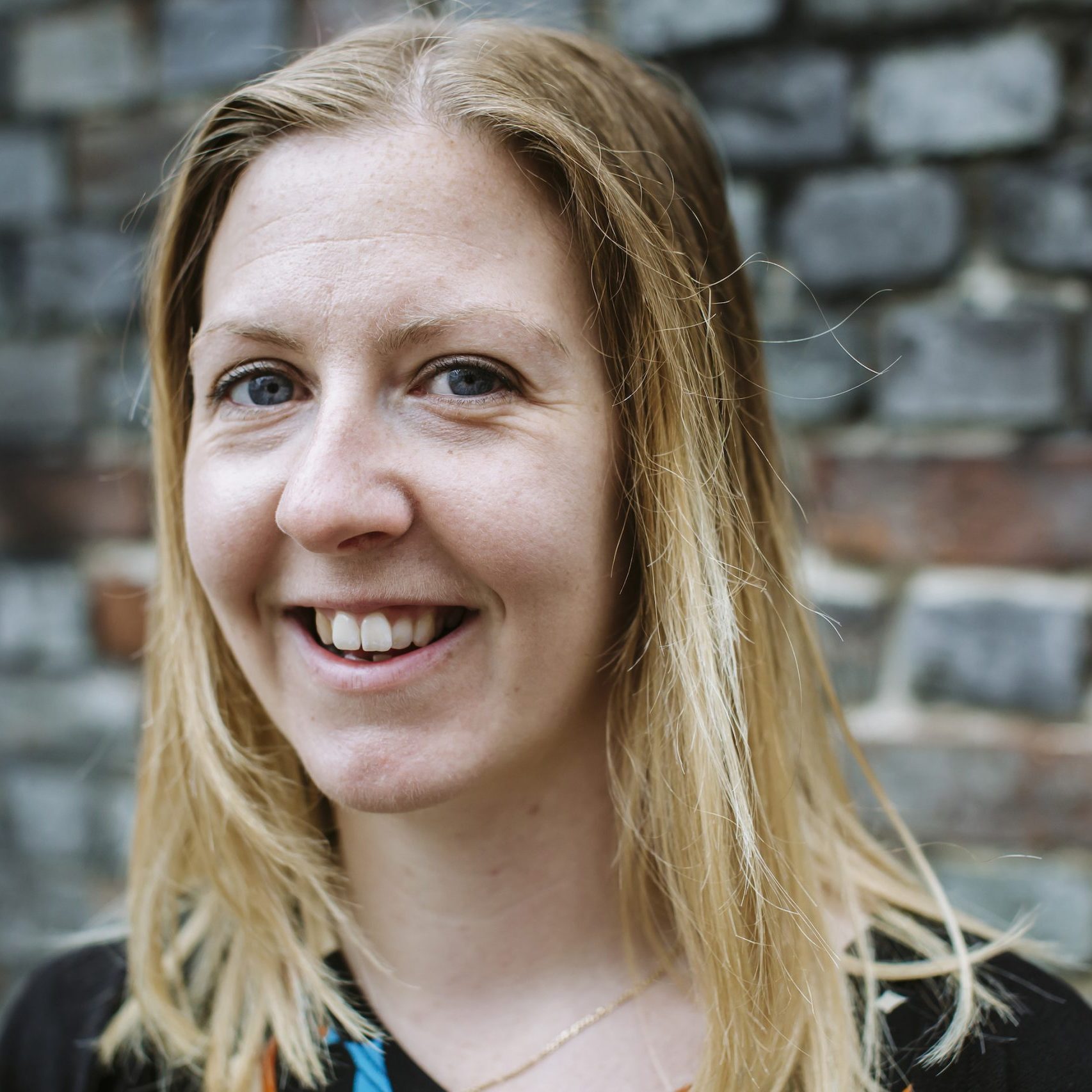
Member Steering
Coordinator Outreach/Education
(University of Portsmouth)
Laura is a Reader of Astrophysics and a UKRI Future Leaders Fellow. Her research interests are in kilonovae and any other counterparts to gravitational wave events. Laura also works in the LIGO Scientific Collaboration.
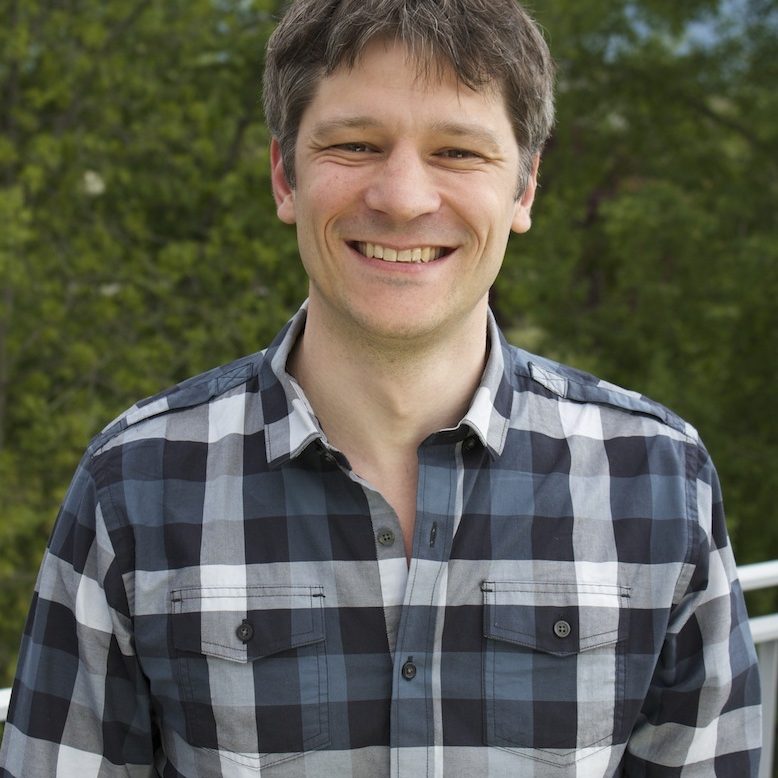
Member Steering
(University of Manchester)
Rene Breton is a Professor of Astrophysics at the Jodrell Bank Centre for Astrophysics. His research interests revolve around neutron stars and pulsars, transients, binary systems, tests of gravity and neutron star equation of state.
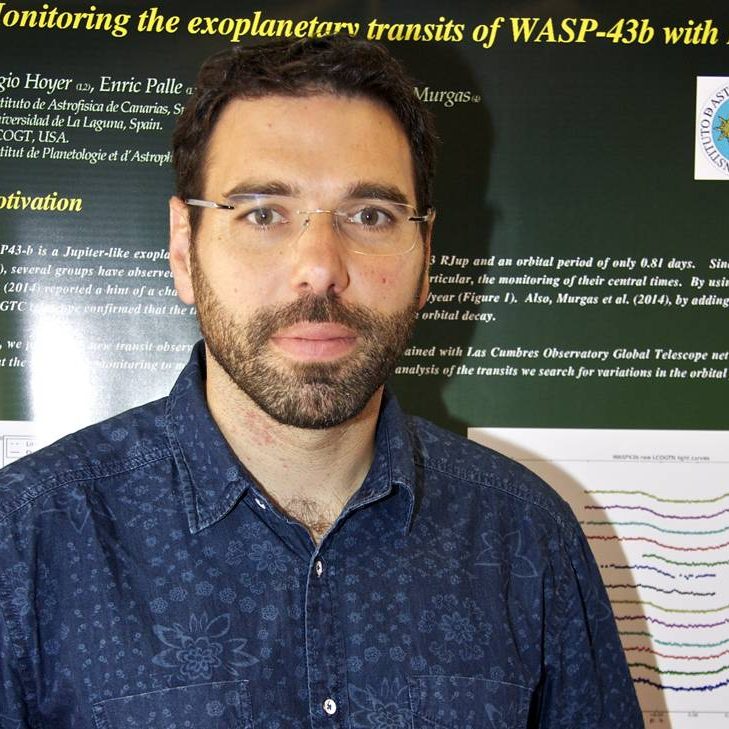
IAC principal scientist
(IAC)
Instrument scientist
(University of Warwick)
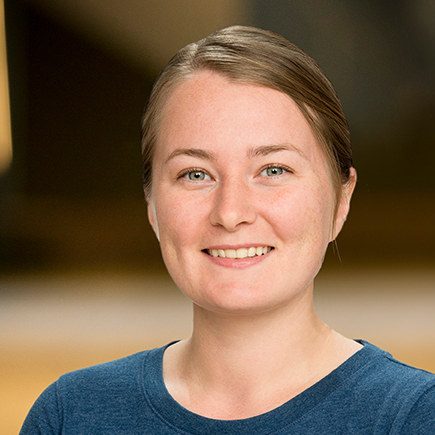
Coordinator Kilonova/GW Science
Scheduling/Strategy
(University of Warwick)
Kendall is a postdoc with the GOTO team at University of Warwick. She is a member of the LIGO Scientific Collaboration. Her research interests are in coordination of EM follow-up of gravitational wave sources, astrophysical transients such as gamma-ray bursts and kilonovae, and machine learning techniques with applications to large-scale data sets.
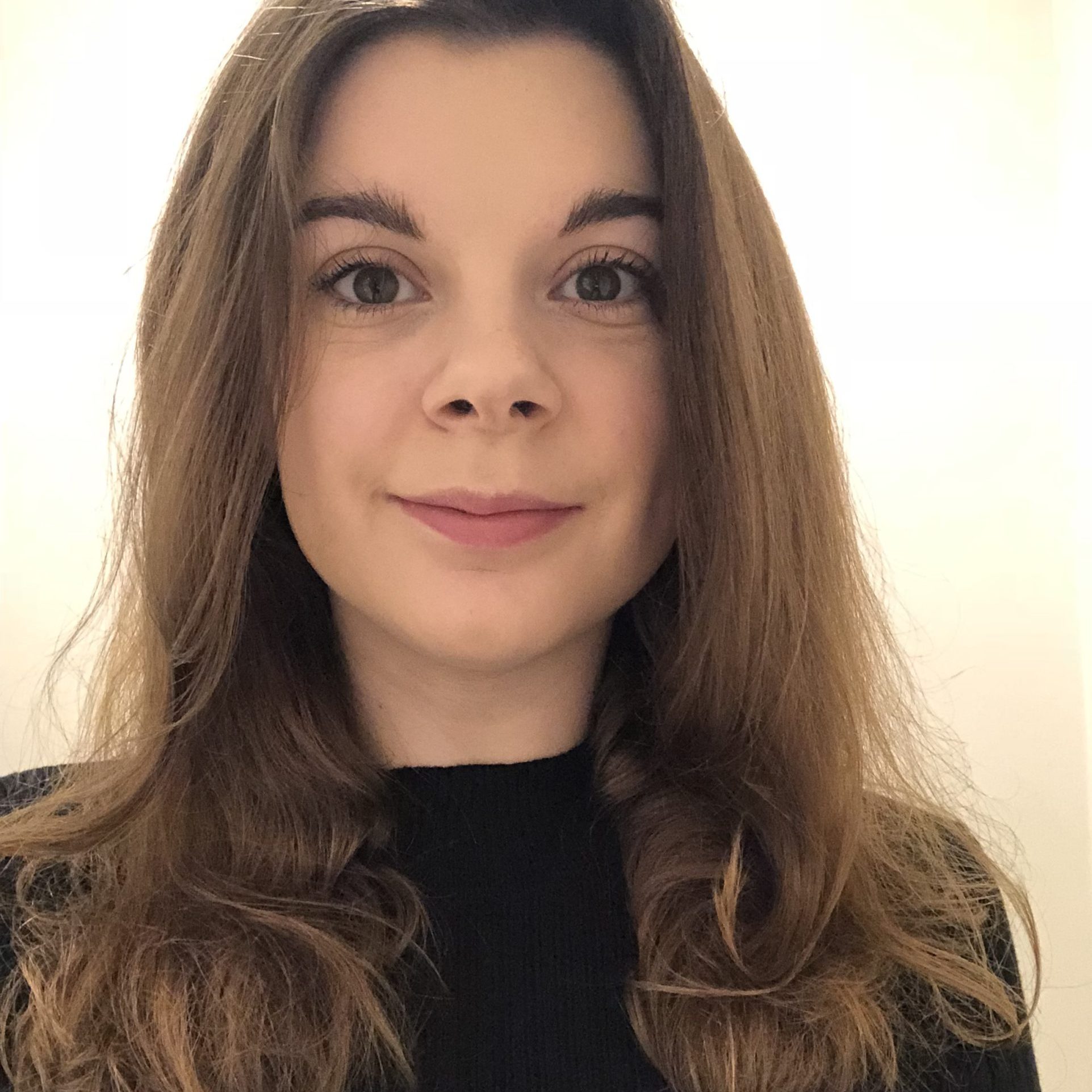
Cordinator Kilonova Seekers
(University of Portsmouth)
Lisa is a Postdoctoral Research Fellow at the Institute of Cosmology and Gravitation, University of Portsmouth. Her research interests include transient objects, particularly kilonovae, and citizen science. She is also interested in cosmology with Type Ia Supernovae, with a focus on correlations with host galaxy environments.
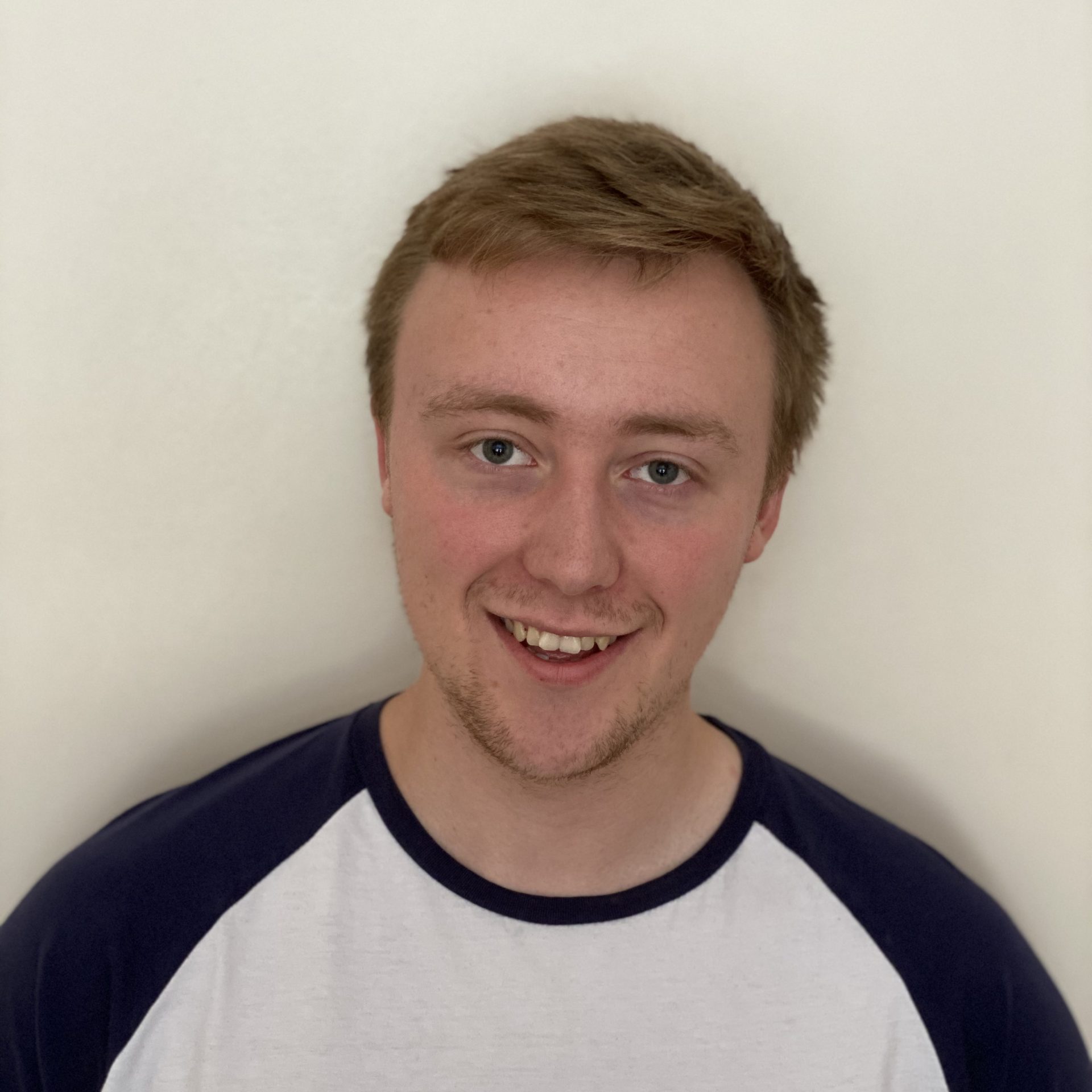
Cordinator Kilonova Seekers
Neural Network Classifiers
(University of Turku)
Tom currently works on developing Bayesian deep learning models for the detection and classification of transients within the GOTO pipeline and datastream.
Marshall developer
(University of Warwick)
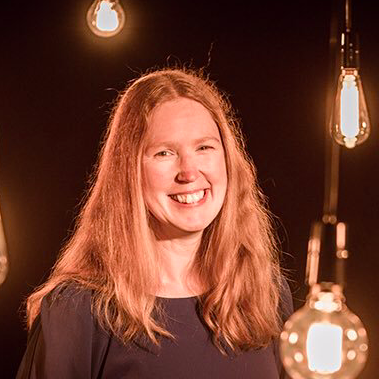
Coordinator GRBs
(University of Leicester)
Rhaana is an Associate Professor at the University of Leicester, researching astrophysical transients. She combines observations from space and from the ground to understand the physics behind gamma-ray bursts, tidal disruption events and unidentified transients, as well as studying supermassive black holes in active galaxies.
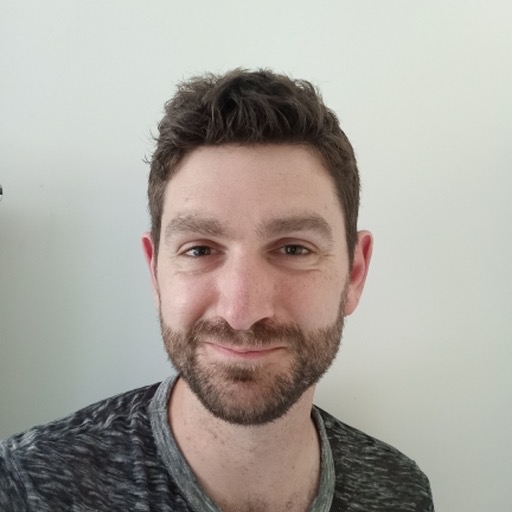
Coordinator GRBs
(University of Birmingham)
Ben researches a variety of explosive transients, primarily short gamma-ray bursts and kilonovae; the electromagnetic counterparts produced when neutron star binaries or neutron star – black hole systems merge.
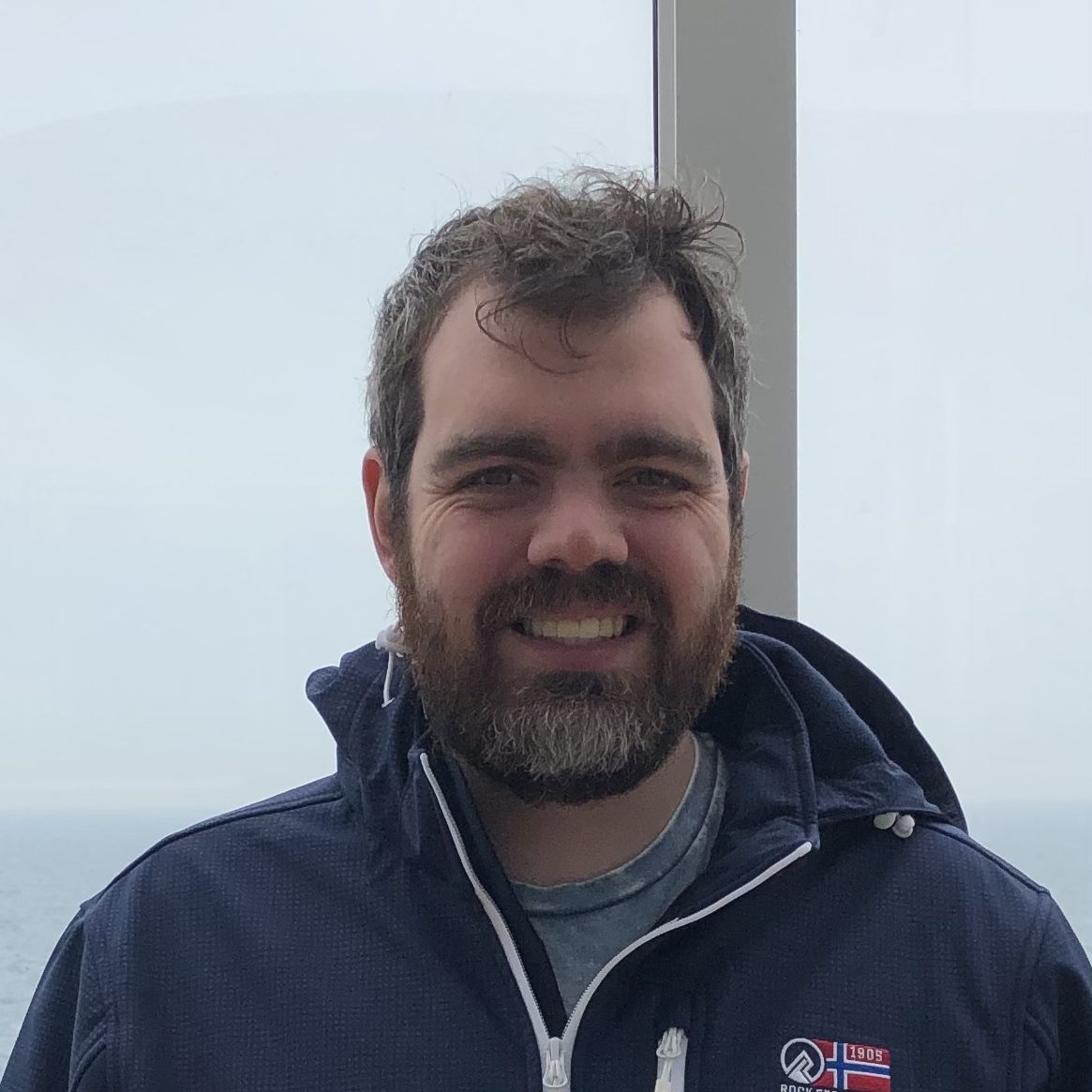
Cordinator TDEs
(University of Leicester)
Rob is a postdoctoral researcher at the University of Leicester. His work focuses on a variety of astrophysical transients including gamma-ray bursts and tidal disruption events. He is also a member of the Swift satellite’s UK team.
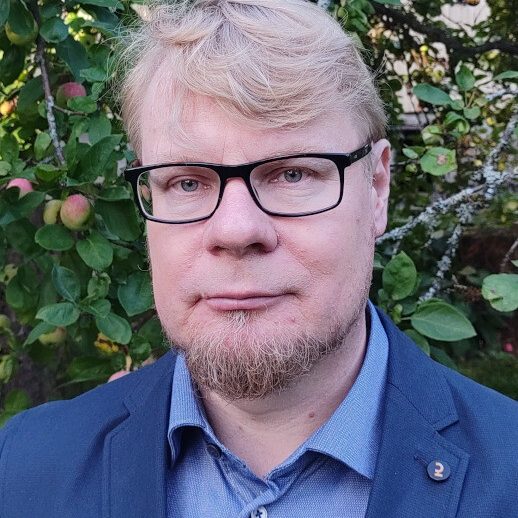
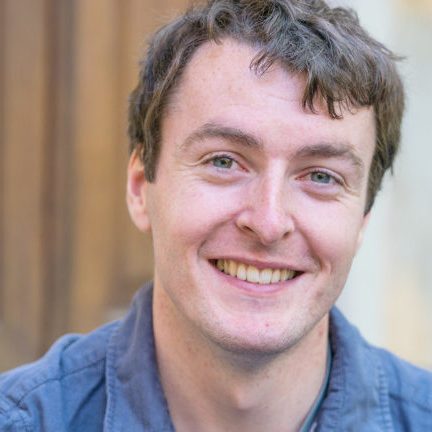
Cordinator Variable stars
(University College Cork)
Mark is a Government of Ireland postdoctoral fellow at University College Cork, Ireland. His interests are in studying stellar remnants in the Milky Way, and through the “Invisible Monsters” project, he will be searching for the missing galactic black hole population in the next generation of all sky surveys.
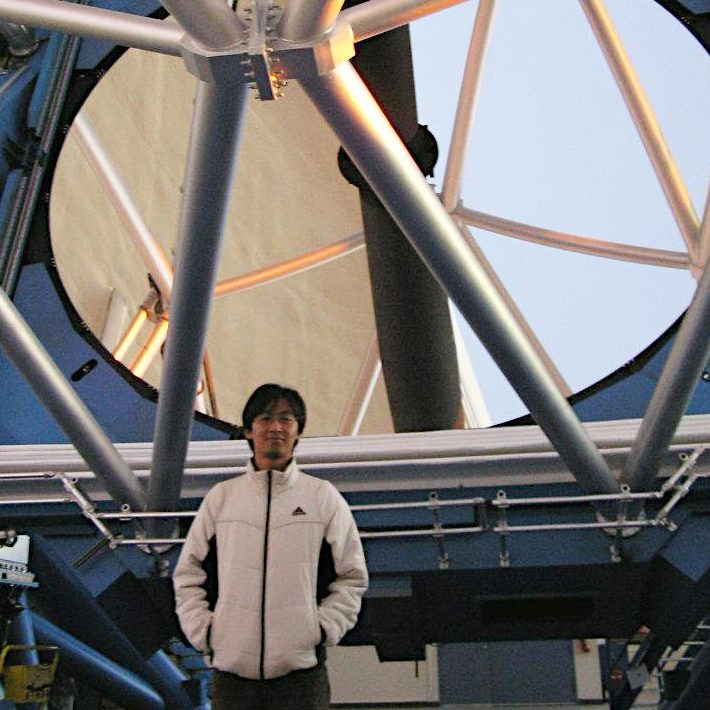
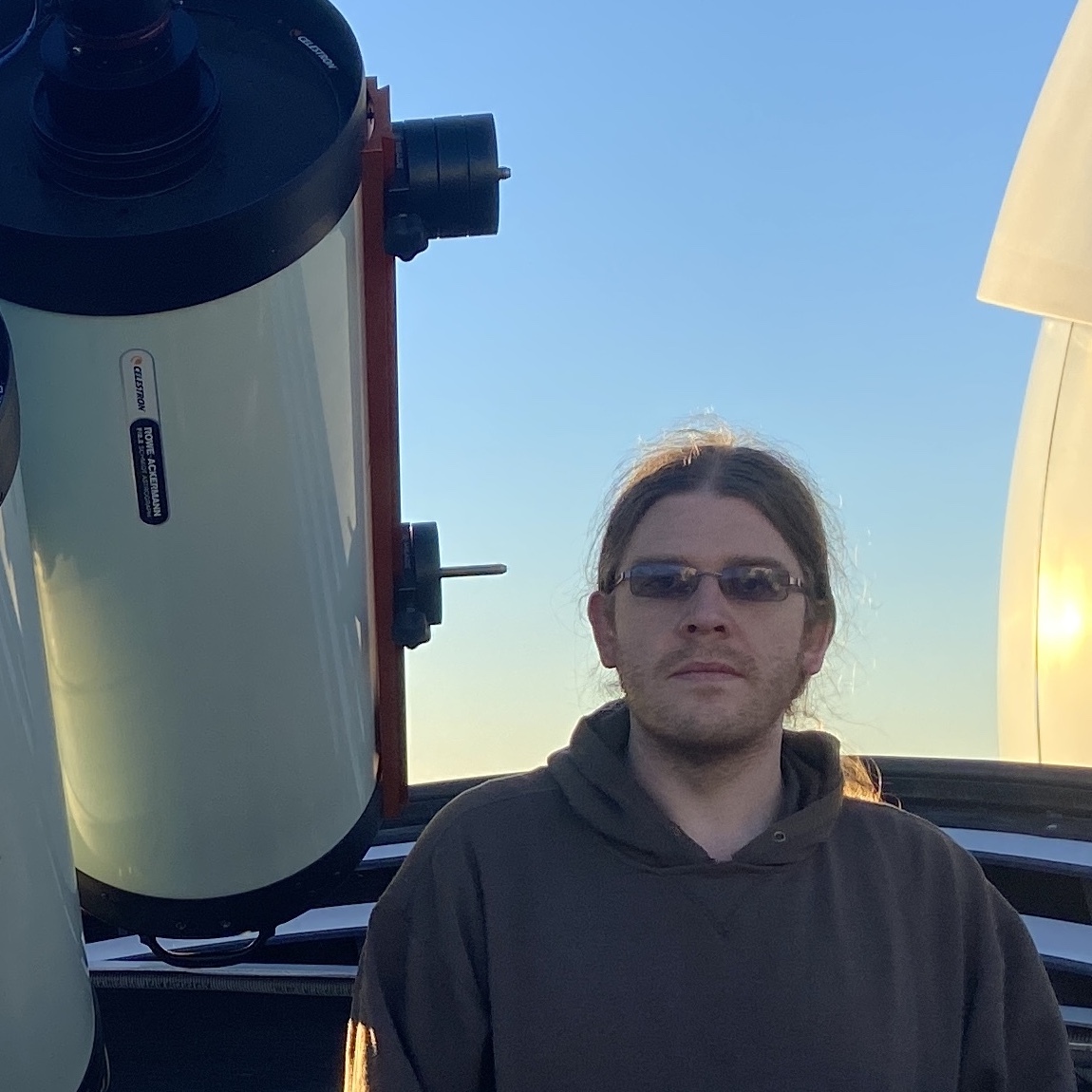
Paul helps develop and maintain GOTO’s La Palma facilities and software infrastructure. He is interested in time domain astrophysics and space domain awareness in addition to robotic telescopes and instrumentation.
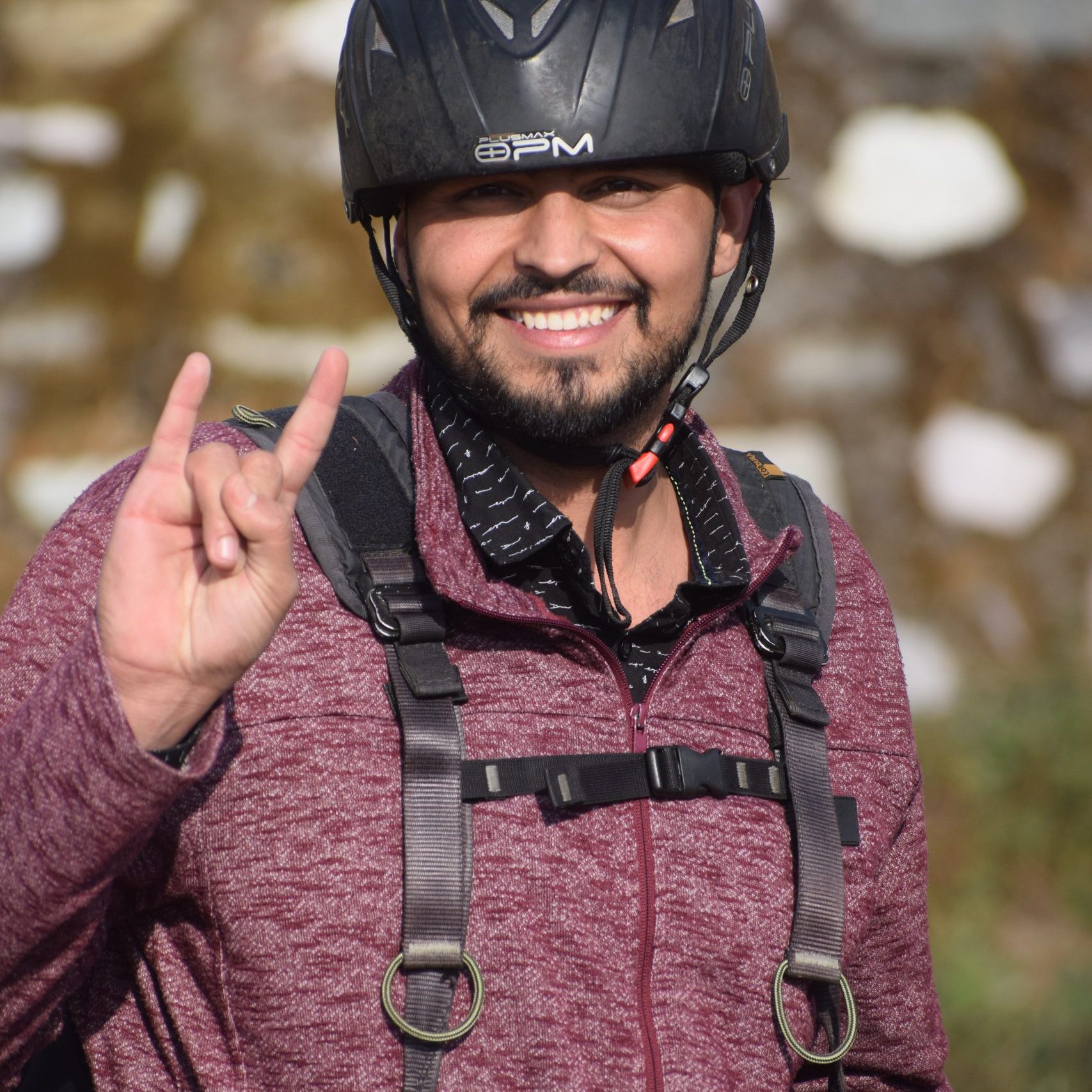
Amit is a postdoc with the GOTO team at the University of Warwick. His primary research interest lies in time-domain astronomy, e.g., Supernovae, Gamma-ray bursts, and Gravitational-wave candidates. He is also contributing to calibrating GOTO’s optical detectors and data reduction pipeline.
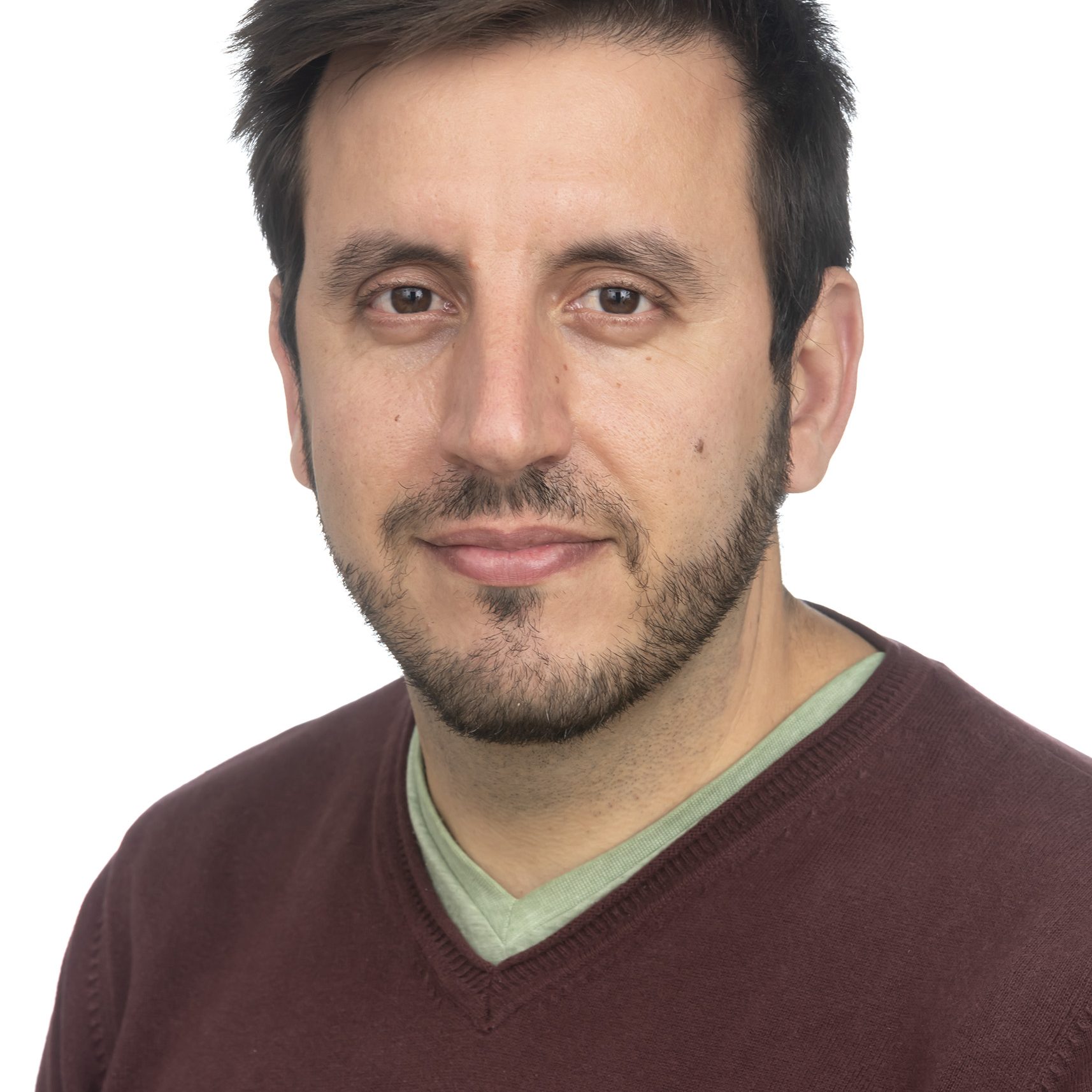
Felipe is a Research Fellow at Monash University. His research focus is accreting compact binaries, and he is also interested in web development and data reduction pipelines.

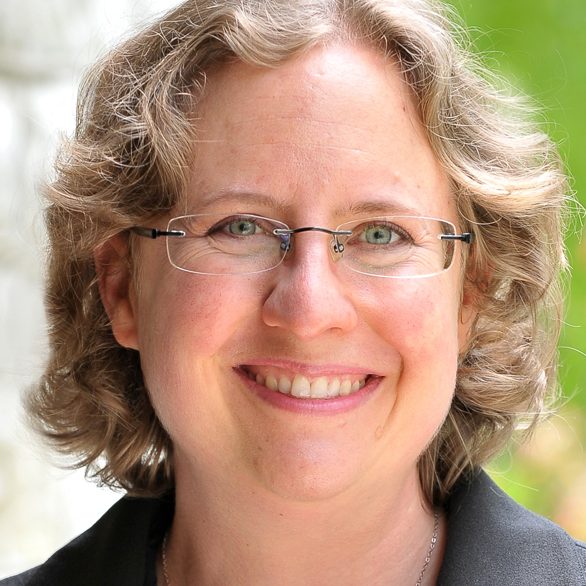
Deanne is an Assistant Professor at the University of Warwick. She uses multi-wavelength observations to study the outflows from astrophysical transients (such as supernovae, fast transients, gamma ray bursts and tidal disruption events) and accreting compact binaries.
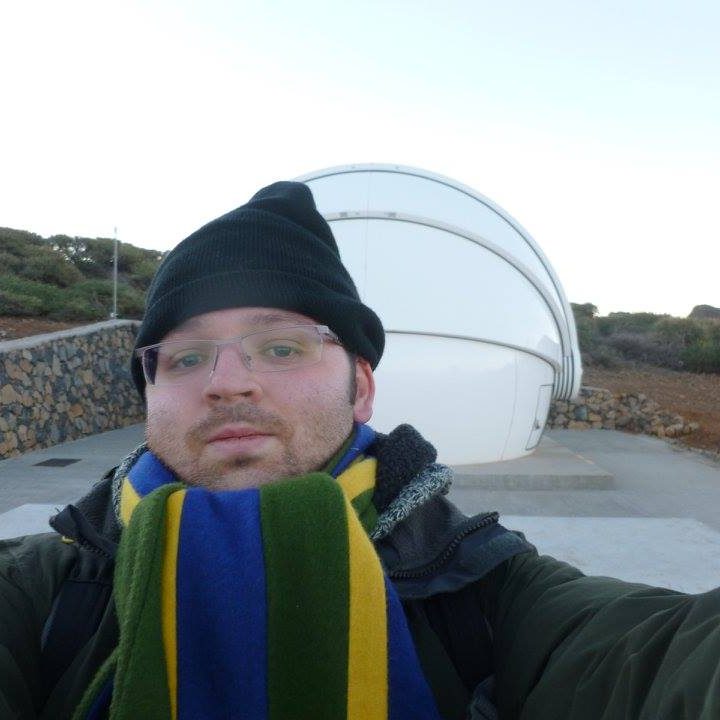
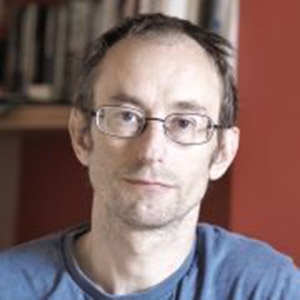
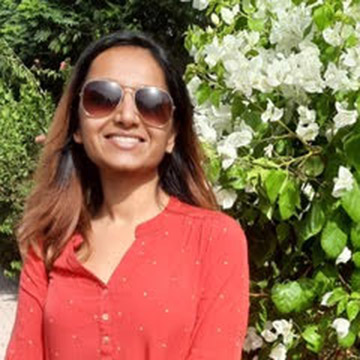
Miti is a PhD student working with Paul O’Brien at University of Leicester. Her research is primarily on observational properties of gamma-ray bursts. She is also involved with overseeing the GOTO telescope.
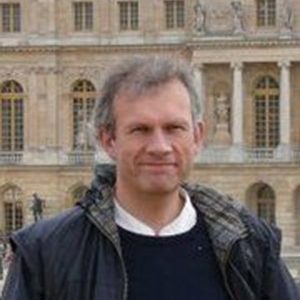
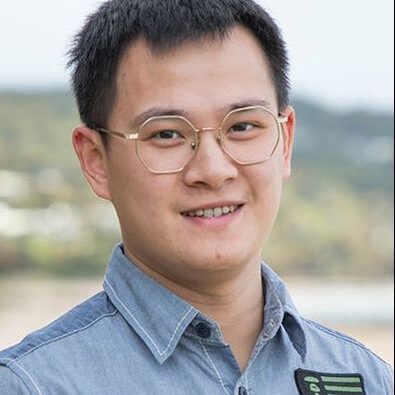
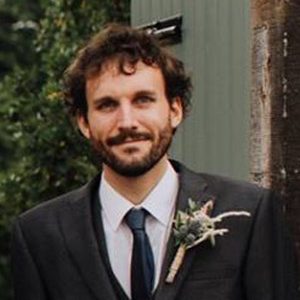
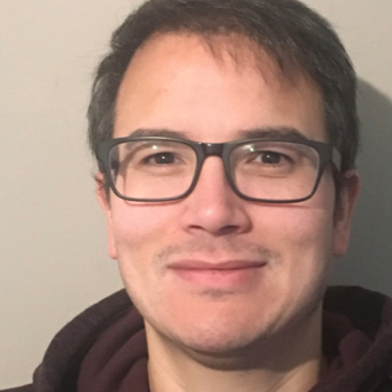
Andrew Levan is a professor at Radboud University Nijmegen and an honorary professor at the University of Warwick. He is broadly interested in the
many ways that stars explosively end their lives.

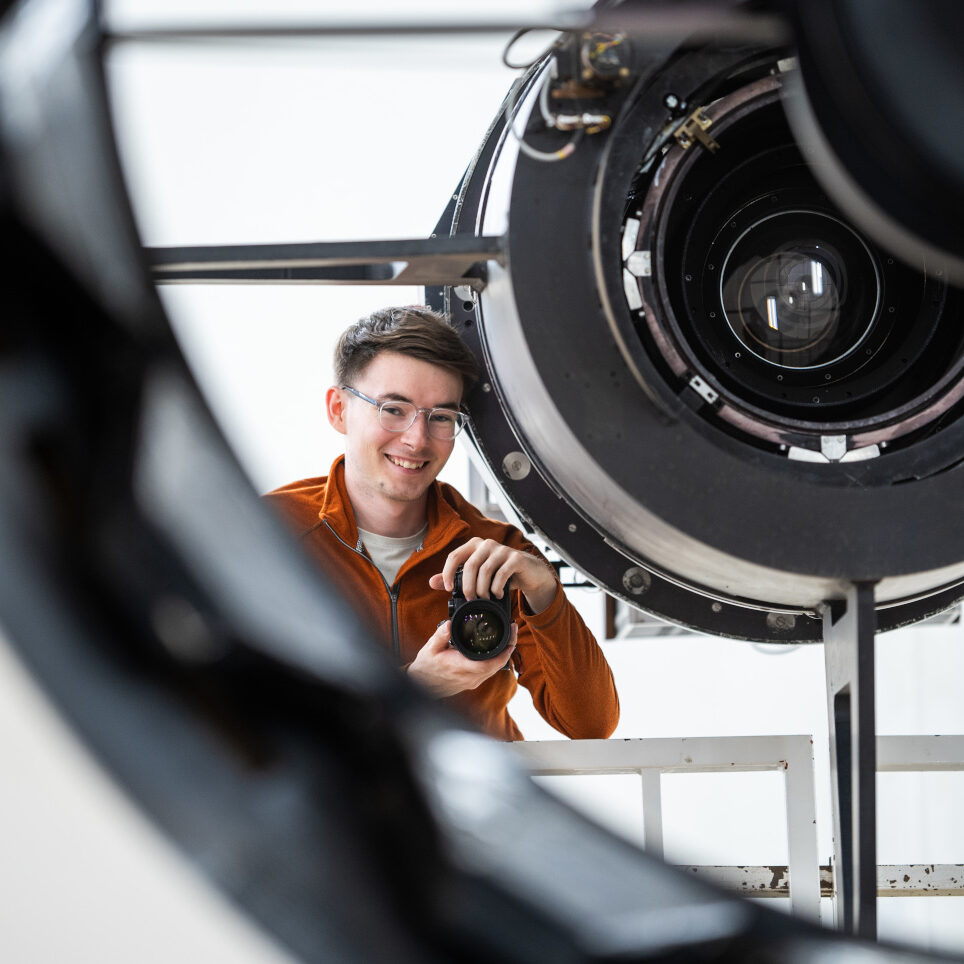
(University of Warwick)
Ben is a PhD student working with Danny Steeghs on GOTO observing strategies and instrumentation. With a focus on studying fast transients and investigating the use of CMOS sensors for astronomical transient surveys.
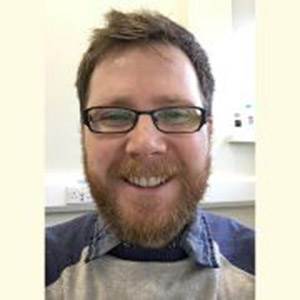
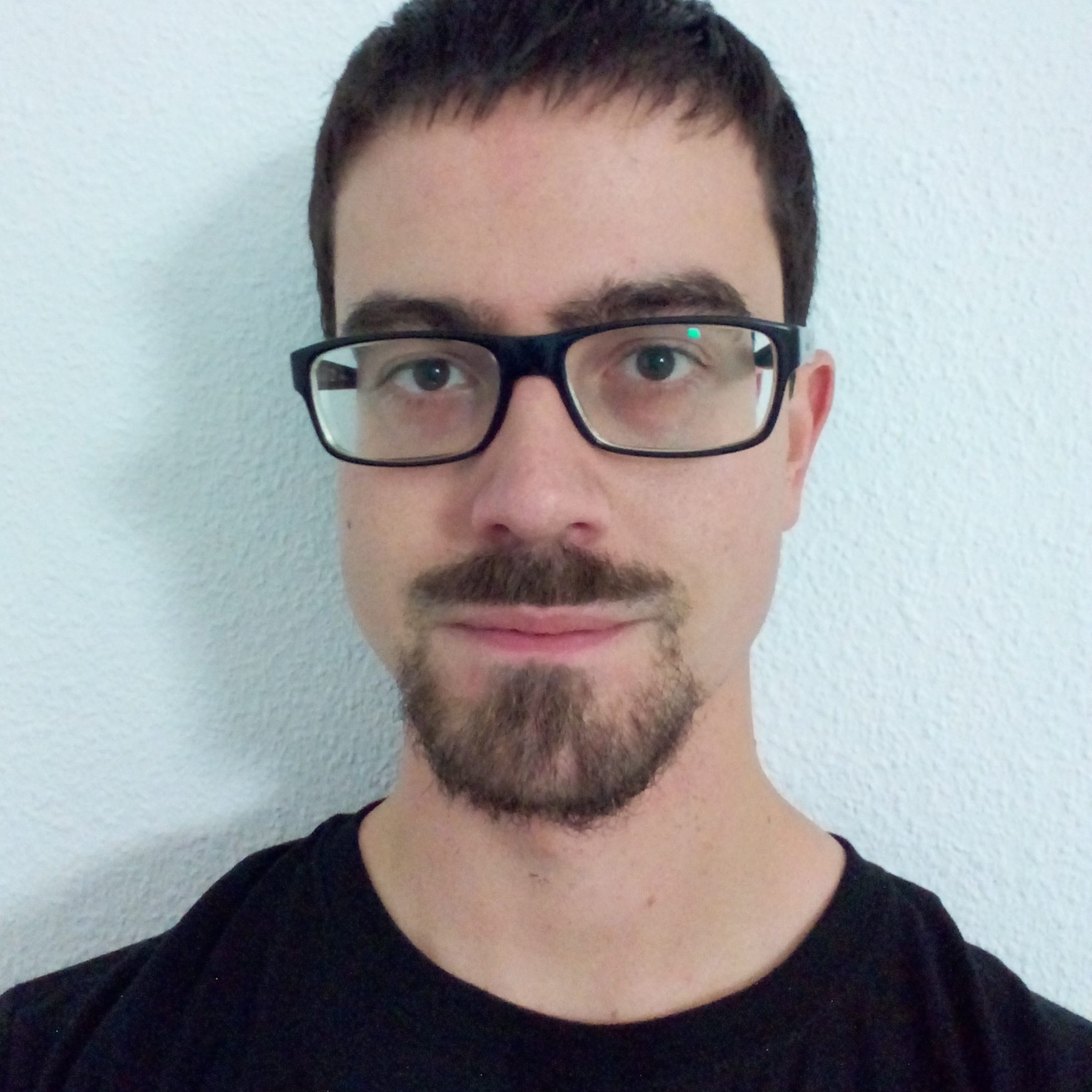
Daniel is a Postdoctoral Research Associate at the University of Manchester. His research focuses on the characterisation of transient binaries harbouring compact objects, from classic X-ray binaries to the more extreme “spider” kind. He aims to constrain their properties by combining spectroscopic and photometric modelling techniques.
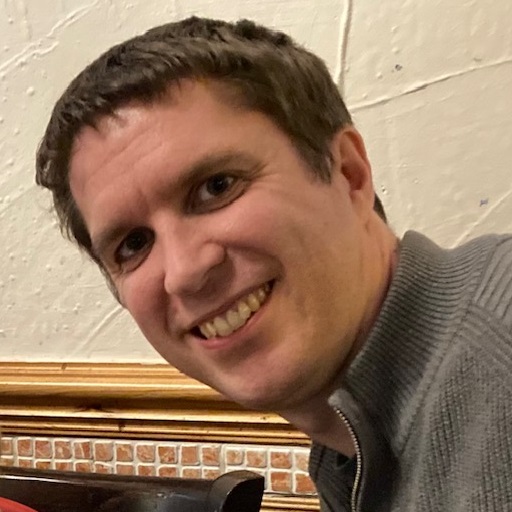

I am involved in works on the set up of semi-automatic search for asteroids and moving objects using GOTO data. I am also involved in the monitoring of variable stars using GOTO data.
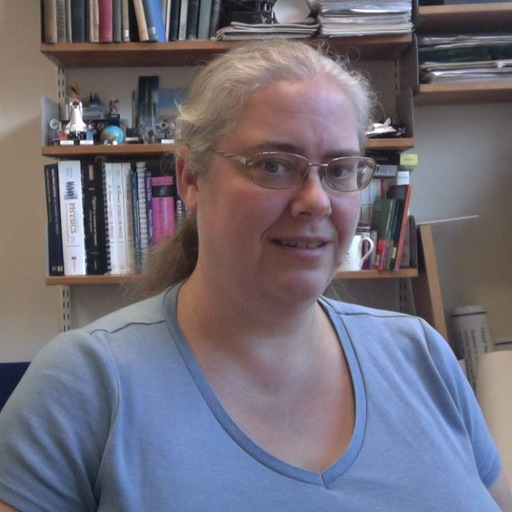
Elizabeth Stanway’s research focuses on the host galaxies on transients and on the theoretical modelling of binary systems which support interpretation of extragalactic events, as well as galaxy evolution more general. She is currently one of the GOTO Ombudspersons.
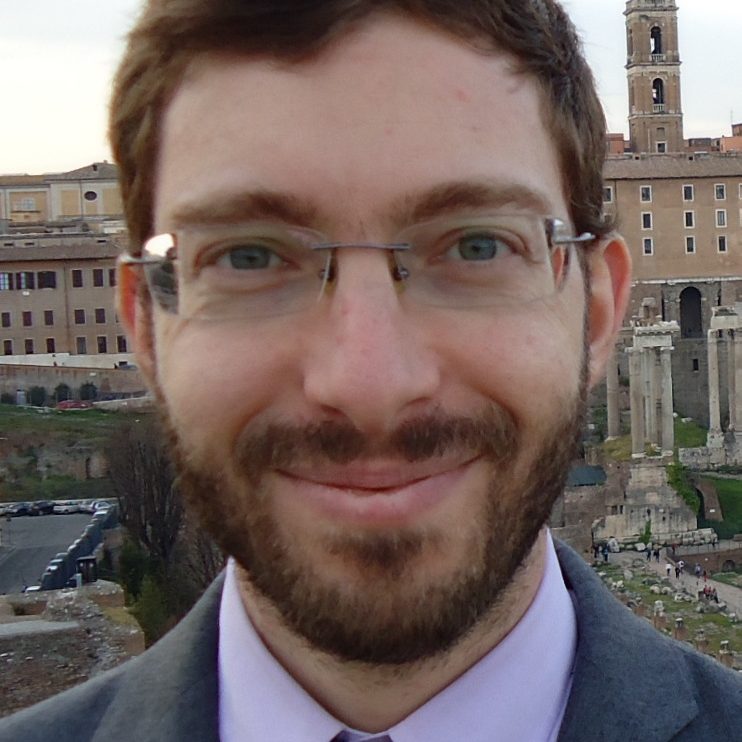
Or Graur is a Senior Lecturer in Astrophysics, and is interested in supernovae and other exotic transients that can be discovered and followed-up with GOTO.
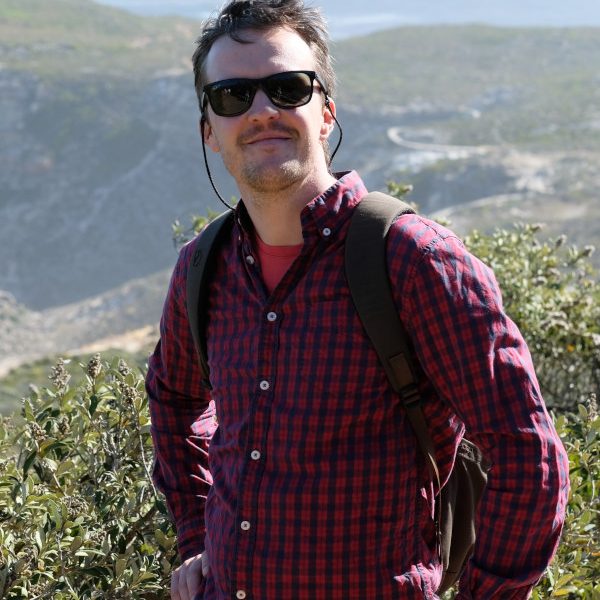
Paul is also involved in the PLATO mission where he works for the PLATO science management office. Scientifically he works on a variety of astrophysical topics mainly focused on far-UV observations aimed at understanding exocomets.
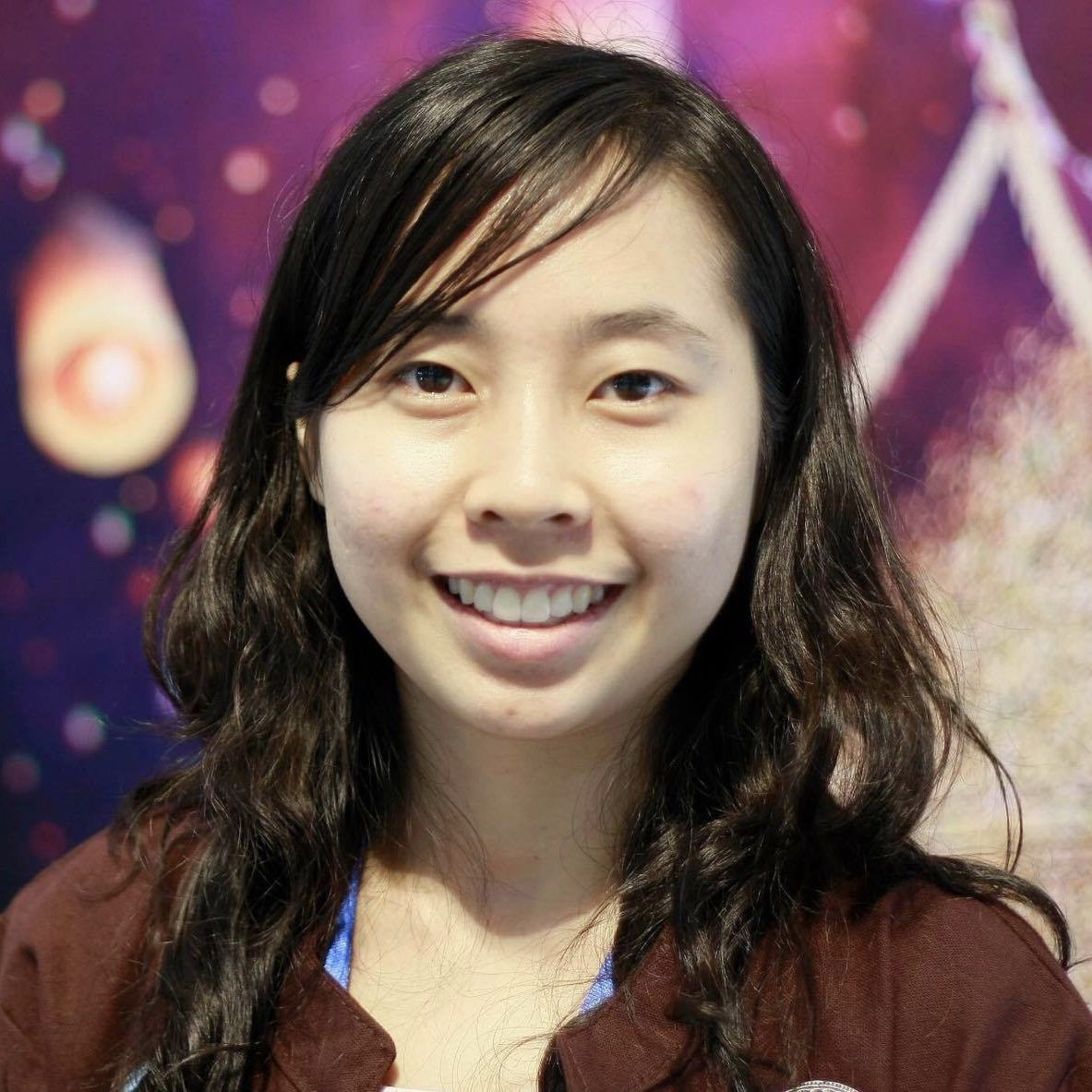
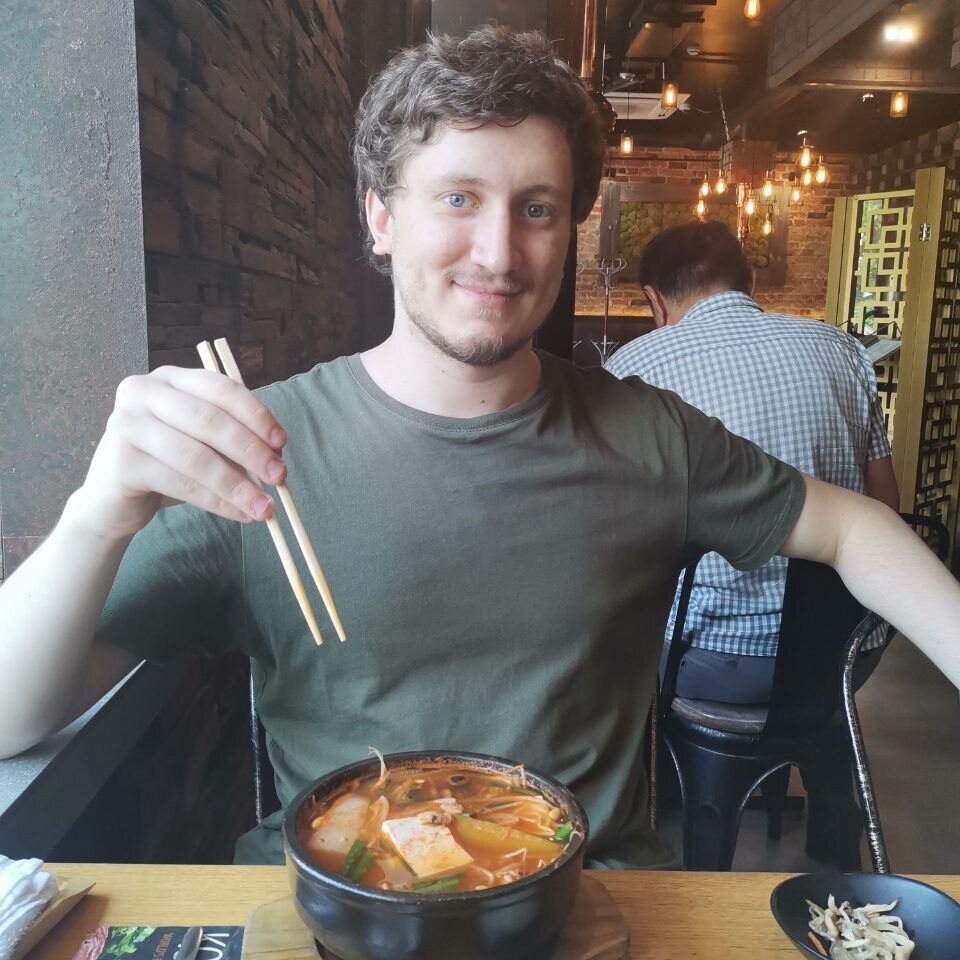
(Monash University)
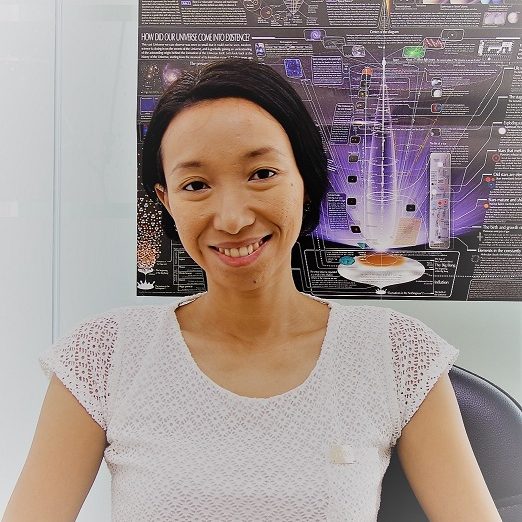
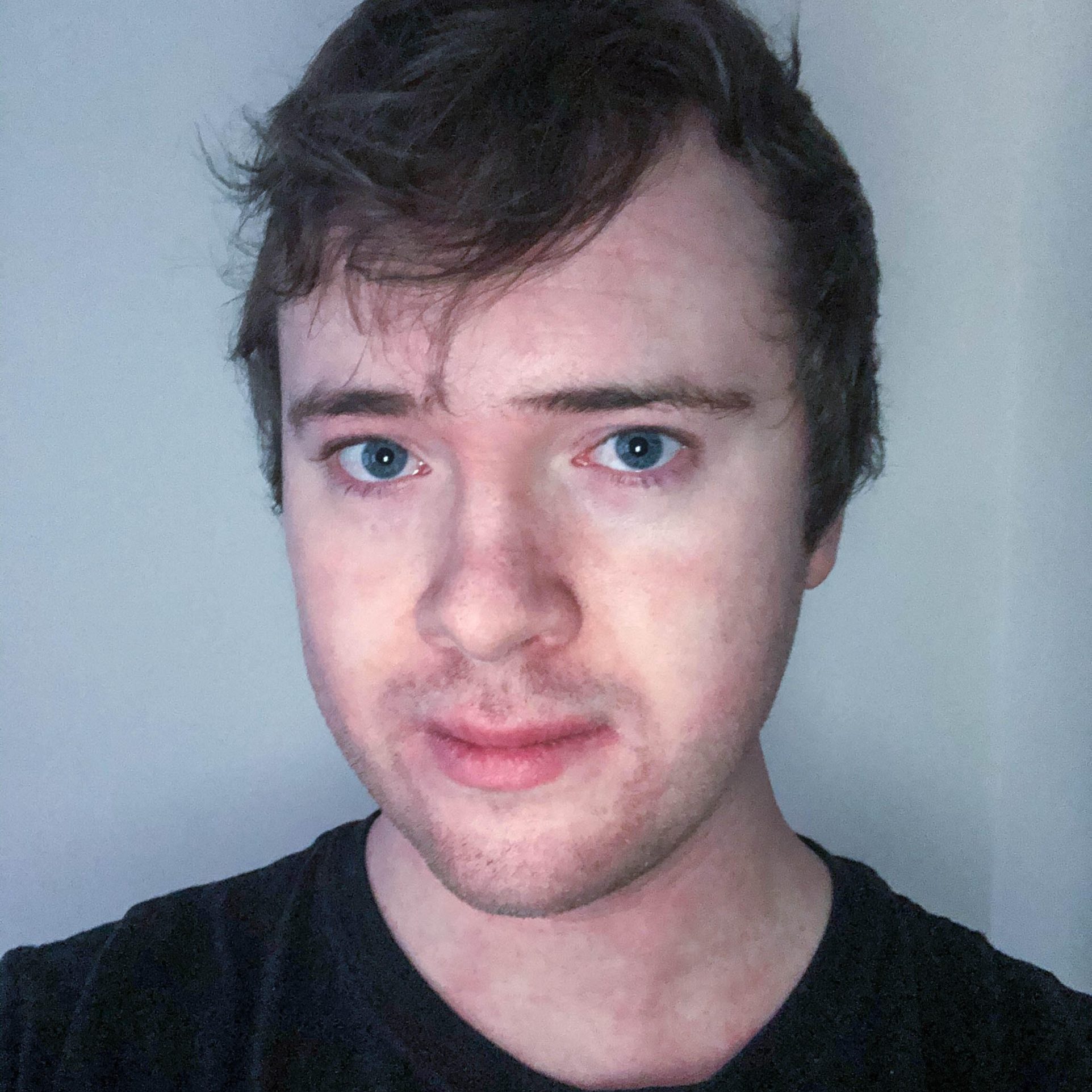
Peter is a Postdoctoral Research Fellow at the University of Portsmouth. His research interests include exotic transients, interacting supernovae and tidal disruption events. He is particularly interested in the discovery and follow-up of rapidly evolving transients.
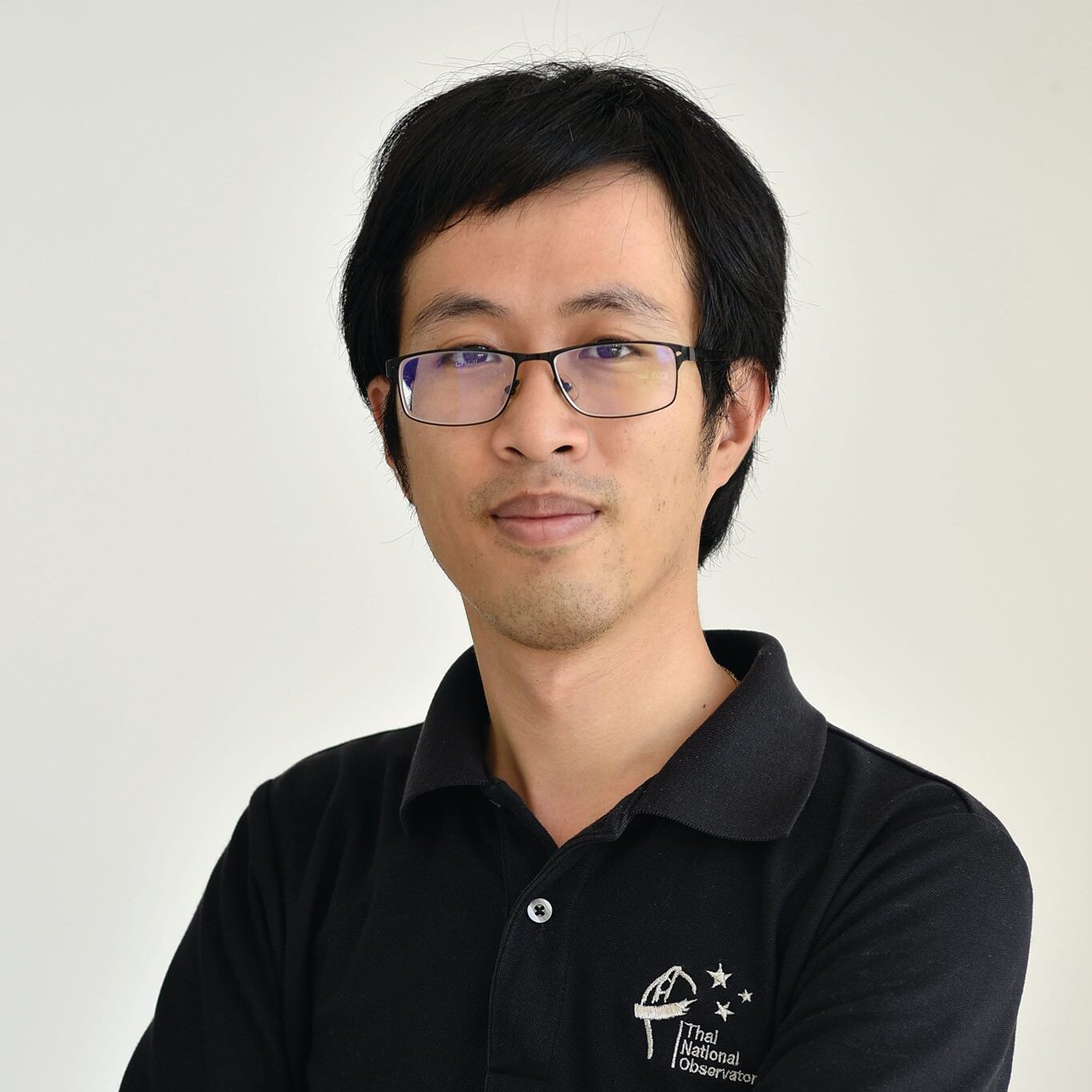
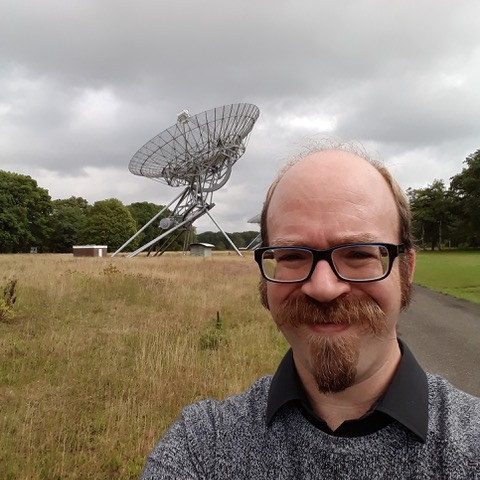
Klaas is a postdoctoral research fellow at Warwick. He works on transients that are
associated with non-thermal emission, such as gamma-ray bursts and gravitational wave
sources. He uses polarimetry as a tool to understand transient populations better, and
enjoys looking through the GOTO data for new transients.

